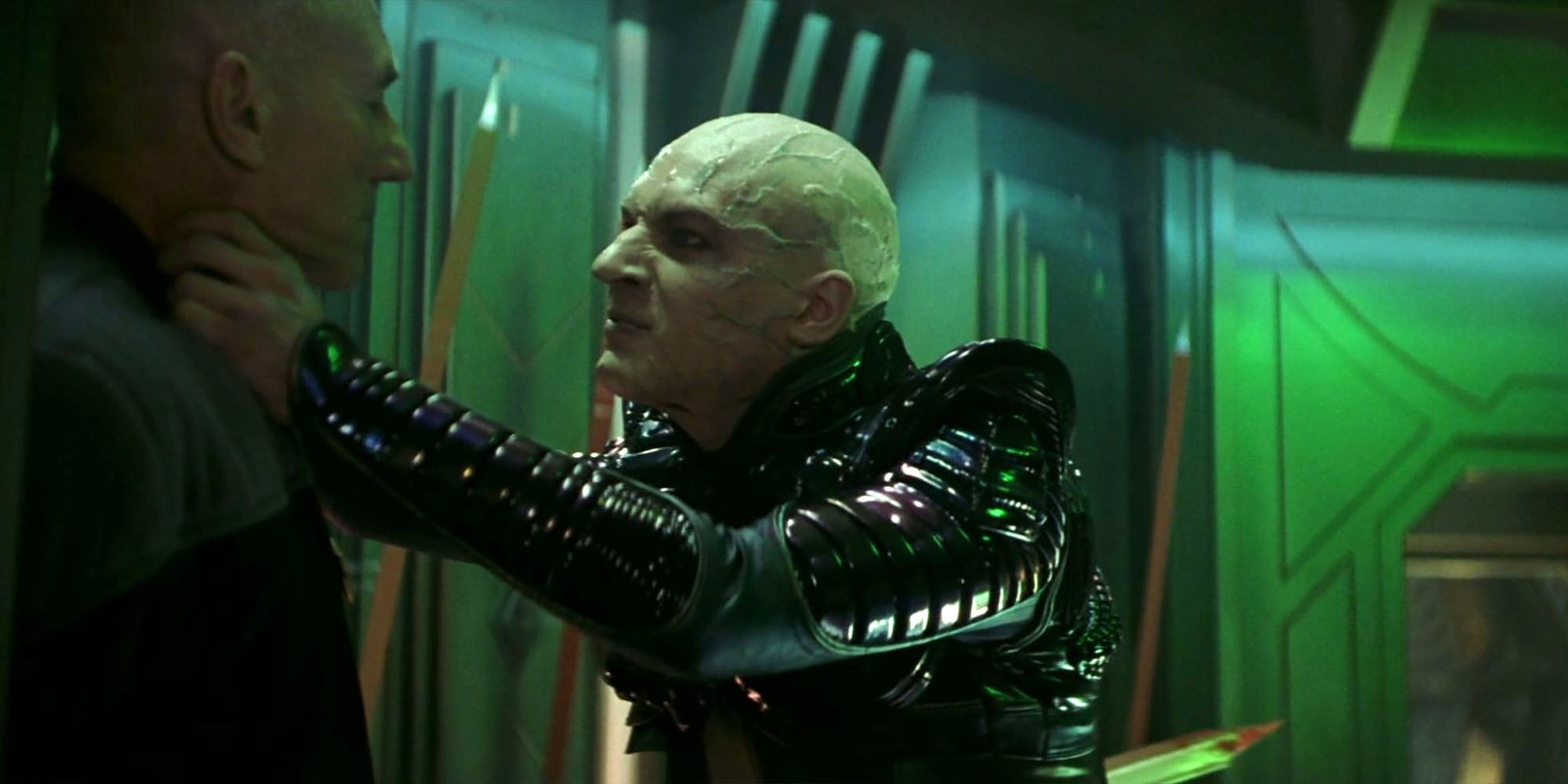The Star Trek movies employed a very similar strategy for both Kirk and Picard, but while it worked excellently for the former, it ultimately failed the latter. While the Star Trek franchise will probably always be best remembered for its TV offerings, the movies are also some of Hollywood's greatest sci-fi adventures.
Creator Gene Roddenberry's utopian view of the future continues to be popular over half-a-century later, and that's due in large part to the feature films which helped bring Star Trek to the movie-going masses. The original Enterprise crew appeared in six total films on their own, but had a crossover adventure with the Next Generation era in Star Trek Generations.
Captain Picard's Enterprise ensemble would then go on three more feature-length adventures throughout the '90s and early 2000s, but the TNG era lost a lot of the magic of the original movie series. While some of the entries were bona fide box office successes, it was clear that the focus of Star Trek's movies had shifted somewhat.
The TNG era of movies borrowed heavily from what had come before, sometimes to the detriment of the new cast. Many of the story beats were lifted directly from Kirk's time and were reused when Picard took center stage. By trying to make the same stories work again, the TNG movie era was held back by poor writing decisions.
Kirk’s Revenge Arc Is One Of The Best Parts Of The Star Trek Movies
The Space Cowboy Got A Compelling Arc In The Original Movies
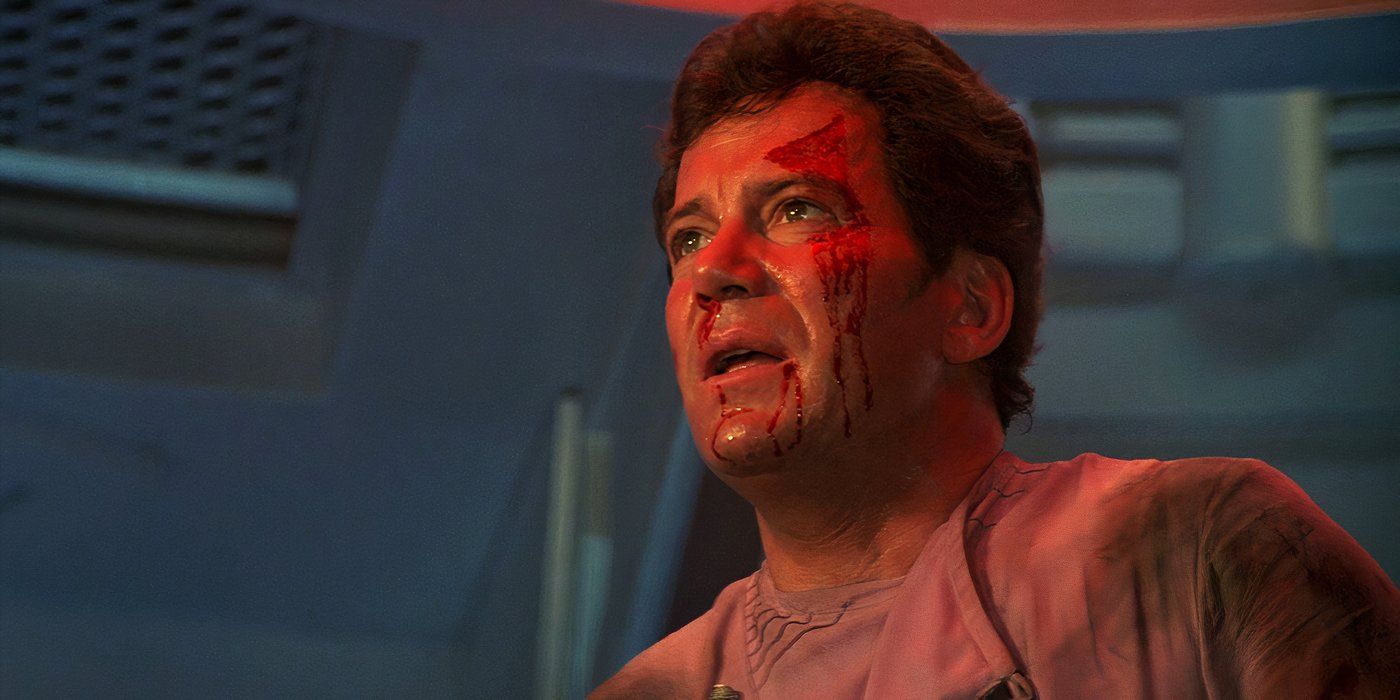
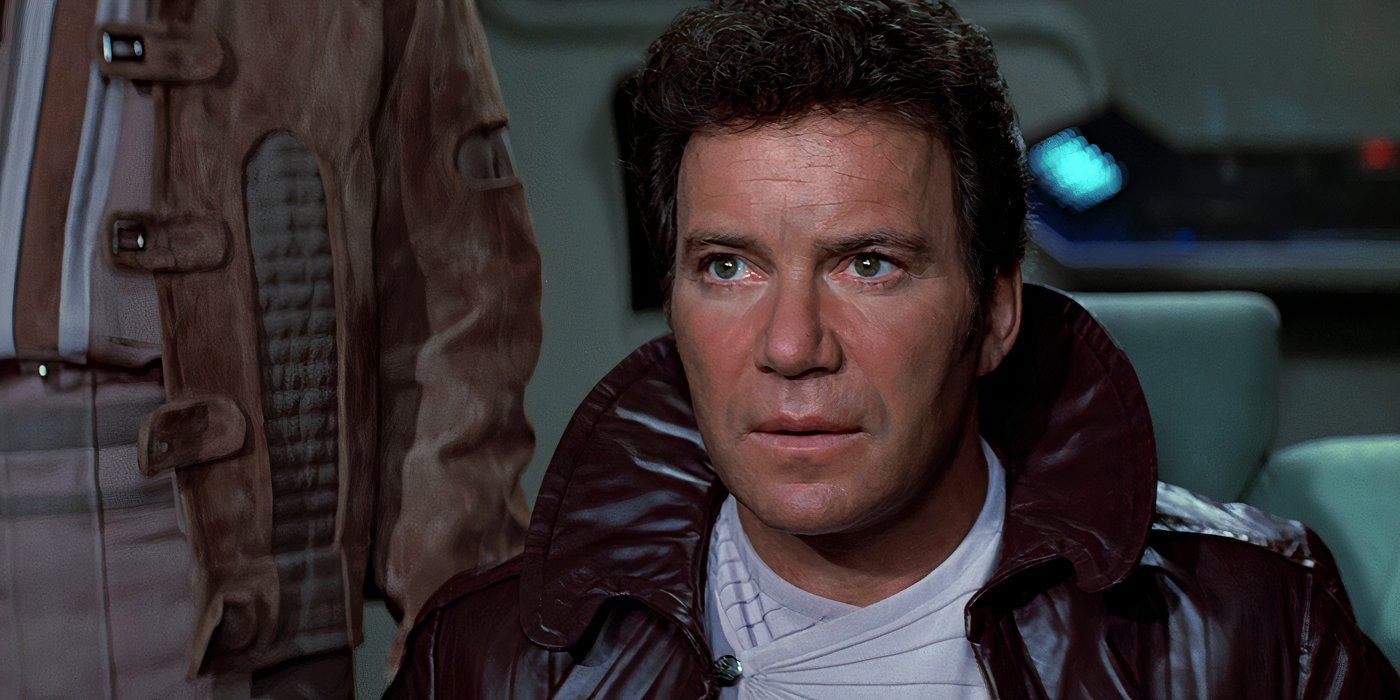
Nestled neatly within the overarching Spock storyline that dominates Star Trek II through IV, Kirk gets a compelling arc that is subtle and effective. Though he's clearly dealing with his own aging in The Wrath of Khan, it takes a string of unfortunate events for the cocky bravado that is Kirk's outward demeanor to be broken down.
He exits the first sequel a changed man, though his reckless streak comes through when he leads a starship heist in Star Trek III. Kirk's real arc begins in the threequel, when his son David is killed by a Klingon. This turns the seasoned Starfleet officer bitter, and that hatred toward Klingons simmers under the surface until Star Trek VI.
His emotional recklessness costs him, and he learns that forgiveness is more important than holding onto painful memories.
Picard’s Violent Streak Never Made Any Sense
The TNG Movies Gave Picard The Same Revenge Arc
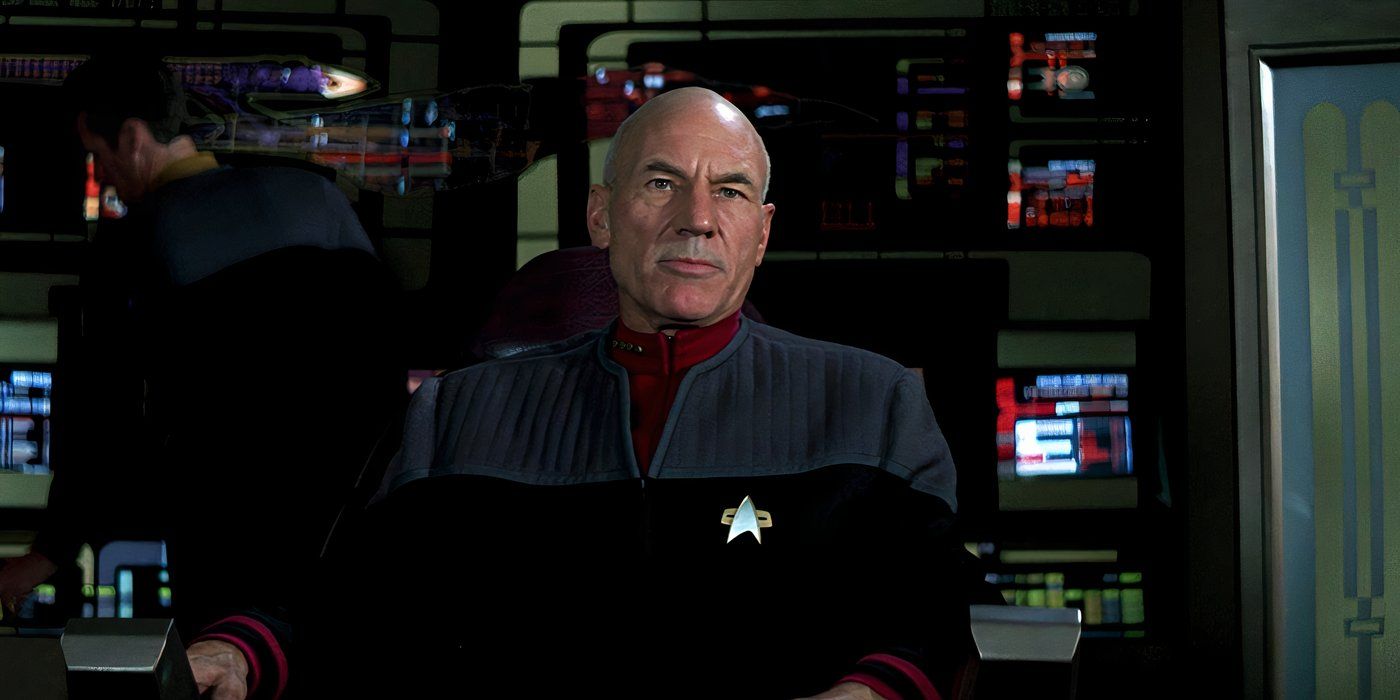
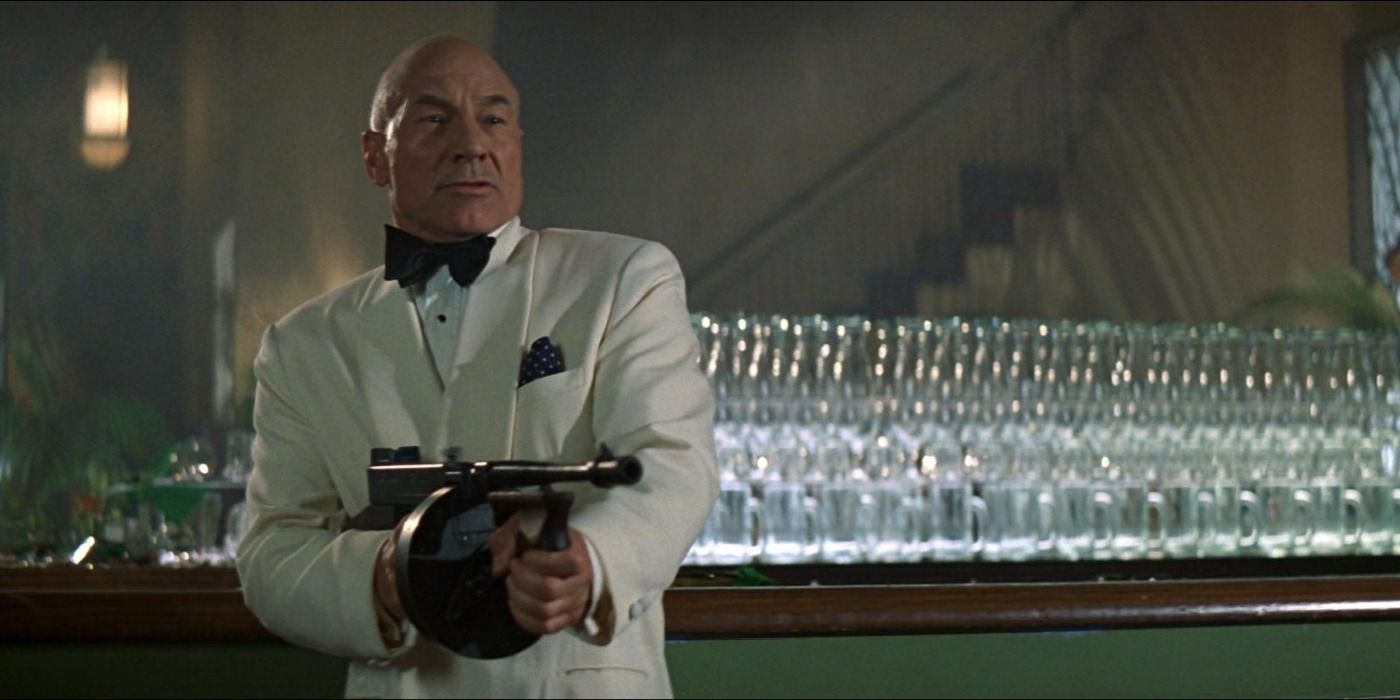
Over a decade after the events of Star Trek III, the first standalone Star Trek: The Next Generation movie was making not-so-subtle changes to Captain Picard's character and copying Kirk's arc too. First Contact pits the Enterprise crew against The Borg in a desperate chase through time, and there's also a subplot about Picard's wrath toward the cybernetic life forms.
Picard had been assimilated during the two-part TNG episode, "The Best of Both Worlds", and the series spent its final three seasons hinting at the emotional trauma that Picard suffered during his ordeal. However, all hints were thrown out the window in First Contact, where Picard is suddenly an angry and violent man bent on getting revenge against The Borg.
Not only is it totally out of character for Picard to act so rashly, the movie doesn't even do much to set up the change. Banking on his past with The Borg isn't enough, especially since episodes like "I,Borg" showed that Picard could still be reasonable towards them even after his assimilation.
Borrowing Elements From Earlier Movies Was Why The TNG Era Didn’t Work
Wasted Potential Ultimately Squandered Picard's Time On The Big Screen
The Star Trek: The Next Generation movies were an opportunity for the film franchise to enter a new era, but they sadly got stuck in the past. First Contact copied Kirk's arc by making Picard angry and jaded, but the other two sequels mostly dropped that trend and returned the French captain to normal.
This copying doomed the TNG movies to mediocrity, and very likely prevented them from going on for longer than four installments. By the time Star Trek: Nemesis rolled around, the films had become a shell of their former selves, and so had the Enterprise crew. Nemesis blatantly copied the formula from The Wrath of Khan, but it was blandly emotionless.
The Next Generation ironically kicked off a new era for the franchise on the small screen, but the original Star Trek movie franchise was halted by its films. A full-on reboot followed in 2009, and it's hard not to think that the failures of the TNG era helped push Hollywood toward a new start after so many stale entries.
